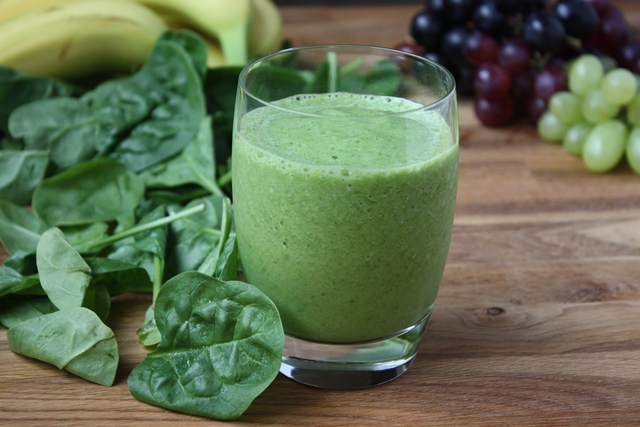Spinach – a Natural Appetite Suppressant – Weight Loss a Healthy Approach
“Leafy vegetables decrease cravings – Natural Appetite Suppressant – weight loss a healthy approach“

We all have been told since we were kids how leafy vegetables are packed with important nutrients. But there is yet something else to know: these veggies come with built-in appetite regulators. The following publication “Body weight loss, reduced urge for palatable food and increased release of GLP-1 through daily supplementation with green-plant membranes for three months in overweight women” by Professor Charlotte Erlanson-Albertsson, Lund University, states that a spinach extract containing green leaf membranes called thylakoids decreases hedonic hunger with up to 95% – and increases weight loss with 43%. This has been shown in a recently published long-term human study at Lund University in Sweden.
Hedonic hunger is another term for the cravings many people experience for unhealthy foods such as sweets or fast food, a common cause of obesity and unhealthy eating habits. The study shows that taking thylakoids reinforces the body’s production of satiety hormones and suppresses hedonic hunger, which leads to better appetite control, healthier eating habits and increased weight loss, weight loss a healthy approach.
“Our analyses show that having a drink containing thylakoids before breakfast reduces cravings and keeps you feeling more satisfied all day”, says Charlotte Erlanson-Albertsson, Professor of Medicine and Physiological Chemistry at Lund University.
The key is the feeling of satiety and suppression of hedonic hunger, vs homeostatic hunger that deals with our basic energy needs. Modern processed food is broken down so quickly that the hormones in the intestines that send satiety signals to the brain and suppress cravings cannot keep up. The green leaf membranes slow down the digestion process, giving the intestinal hormones time to be released and communicate to the brain that we are satisfied.
Safe, natural appetite suppressant: Thylakoid research in humans shows alterations in three appetite-control hormones and insulin – Weight Loss a Healthy Approach
Not only the research showed that Thylakoid acts as a natural appetite suppressant for obese and normal-weight people, but insulin levels were reduced in those subjects eating the thylakoid-rich meal, while blood sugar levels remained unchanged. When the insulin response is exaggerated, such as in those with metabolic syndrome, you’re more likely to experience blood sugar swings with episodes of reactive hypoglycemia, leading to increased hunger a couple of hours after eating. Higher insulin responses are also associated with increased belly fat and inflammation, raising the risk of heart disease and other chronic diseases.
How to get the benefits of this natural appetite suppressant in leafy greens?
If hunger and cravings (especially after meals) are a problem for you in your attempt to maintain a healthy weight, remember to eat your leafy greens! You’ll not only be feeding your body with the most nutrient-dense foods on the planet, you’ll be regulating your appetite hormones in beneficial ways. While there are no thylakoid supplements yet on the market in the U.S., eating large servings of green leafy vegetables like spinach and kale will automatically increase your intake of this natural appetite suppressant.
Written by Go Light Bariatrics
More From This Category

Pre-Op Diet: Liquid Meal Substitutes & Protein Shakes, Yea or Nay?
Should you use protein shakes and liquid meal substitutes during the pre-operative diet?

Pre-Op Diet: Liquid Meal Substitutes & Protein Shakes, Yea or Nay?
Should you use protein shakes and liquid meal substitutes during the pre-operative diet?

Pre-Op Diet: Liquid Meal Substitutes & Protein Shakes, Yea or Nay?
Should you use protein shakes and liquid meal substitutes during the pre-operative diet?

0 Comments